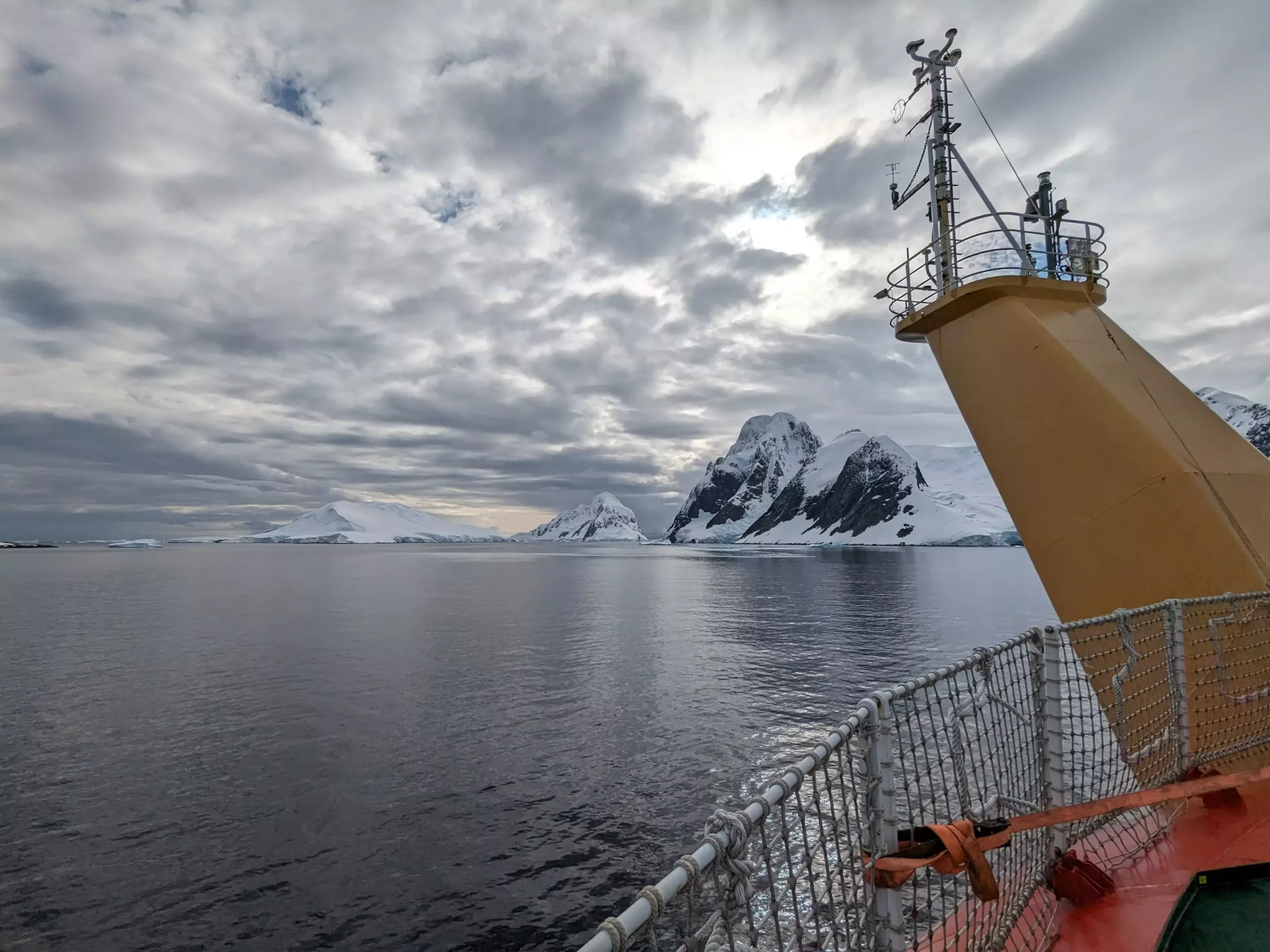The Southern Ocean, often overlooked in discussions about climate change, has emerged as a crucial player in the global battle against carbon dioxide (CO2) emissions. A groundbreaking study spearheaded by the University of East Anglia (UEA) and the Plymouth Marine Laboratory (PML) unveils a startling revelation: this vast body of water absorbs significantly more CO2 than previously estimated. Utilizing direct measurement methodologies that challenge conventional wisdom, the researchers argue that our understanding of this ocean’s impact on global CO2 levels has been fundamentally flawed.
Historically, assessments of the Southern Ocean’s CO2 absorption have relied on indirect methods, such as data collected from shipboard experiments and models that averaged measurements over extensive timeframes or large geographical areas. These estimates, while helpful, often yielded inconsistent and frequently underestimated results. This research initiative, implemented during several research cruises, aimed to rectify these shortcomings by employing a novel technique called eddy covariance. This method provides precise insights into the air-sea gas exchange process, allowing for a more accurate understanding of just how much CO2 the Southern Ocean can absorb, particularly during the summer months when absorption peaks.
Revolutionary Measurement Techniques
Through the deployment of flux systems mounted on the foremasts of research vessels, the study captured the nuances of CO2 exchange in real time. Preliminary findings suggest that the Southern Ocean is a far more potent CO2 sink—absorbing up to 25% more carbon than earlier studies surmised. This enhancement of absorption is not merely a statistic; it carries vital implications for climate modeling and for our larger understanding of how anthropogenic CO2 impacts the planet.
Dr. Yuanxu Dong, the lead researcher, emphasized the criticality of these discoveries, framing the Southern Ocean as a considerable ally in our fight against climate change. By providing “direct observational evidence,” the study challenges the prevailing models and suggests a complex interplay between temperature, wind patterns, and ocean currents, which previously went unaccounted for.
The Role of Precision in Climate Science
The necessity for precision in measuring CO2 fluxes cannot be overstated. The researchers highlighted the substantial variances generated by averaging data over overly long timescales or expansive geographic intervals, which resulted in significant underestimations of southern ocean absorption rates. This study beckons a call to action for climatologists and oceanographers alike: existing models must adapt to include these nuanced findings if they are to be of practical use in predicting future climate conditions accurately.
Crucially, the variability observed in CO2 absorption highlighted the need for higher-resolution measurements, especially in light of ongoing global warming trends. The researchers have underscored the limitations of current measurement techniques, calling for an extensive deployment of both autonomous buoy systems and sail drones, which could illuminate gaps in the data, particularly during the difficult winter months when traditional measurements are scarce.
Building a Collaborative Future
The multidisciplinary collaboration behind this research, which included institutions like the Alfred Wegener Institute and various universities across the globe, signifies a hopeful trend in climate science. By pooling expertise, the team has taken significant strides toward a more unified understanding of CO2 flux dynamics. Their work sets a precedent for future research: transparent and robust data sharing initiatives can improve our collective predictive power about the climate crisis.
As the researchers continue to collect data from pioneering vessels such as the RRS Sir David Attenborough, they remain vigilant about the ongoing challenges in funding and data collection. Notably, a recent decline of over 35% in surface ocean CO2 measurements reflects larger systemic issues within oceanographic research, driven not only by unprecedented obstacles like the COVID-19 pandemic but also by a decrease in funding opportunities. This trend threatens the breadth of knowledge necessary for informed climate action, emphasizing the need for sustained investment into ocean research.
The Stakes for Global Climate Initiatives
This research underscores an essential truth for policymakers and scientists alike: understanding our oceans is vital for devising effective climate strategies. As the Southern Ocean continues to reveal itself as a pivotal carbon sink, the implications for global climate initiatives become increasingly clear. Correctly accounting for the ocean’s absorptive capabilities could refine strategies aimed at managing CO2 emissions and improving predictive climate models.
The Southern Ocean may be one of our most unsung heroes in combating climate change. It beckons clarity, urgency, and cooperative strategies that can bolster its role in our quest for ecological balance. The findings from this landmark study serve as a clarion call for researchers worldwide to embrace innovative techniques and collaborative efforts in illuminating the complexities of our planet’s climate systems. As we confront the gravity of climate change, this knowledge is not merely academic; it is foundational for ensuring a sustainable future.

